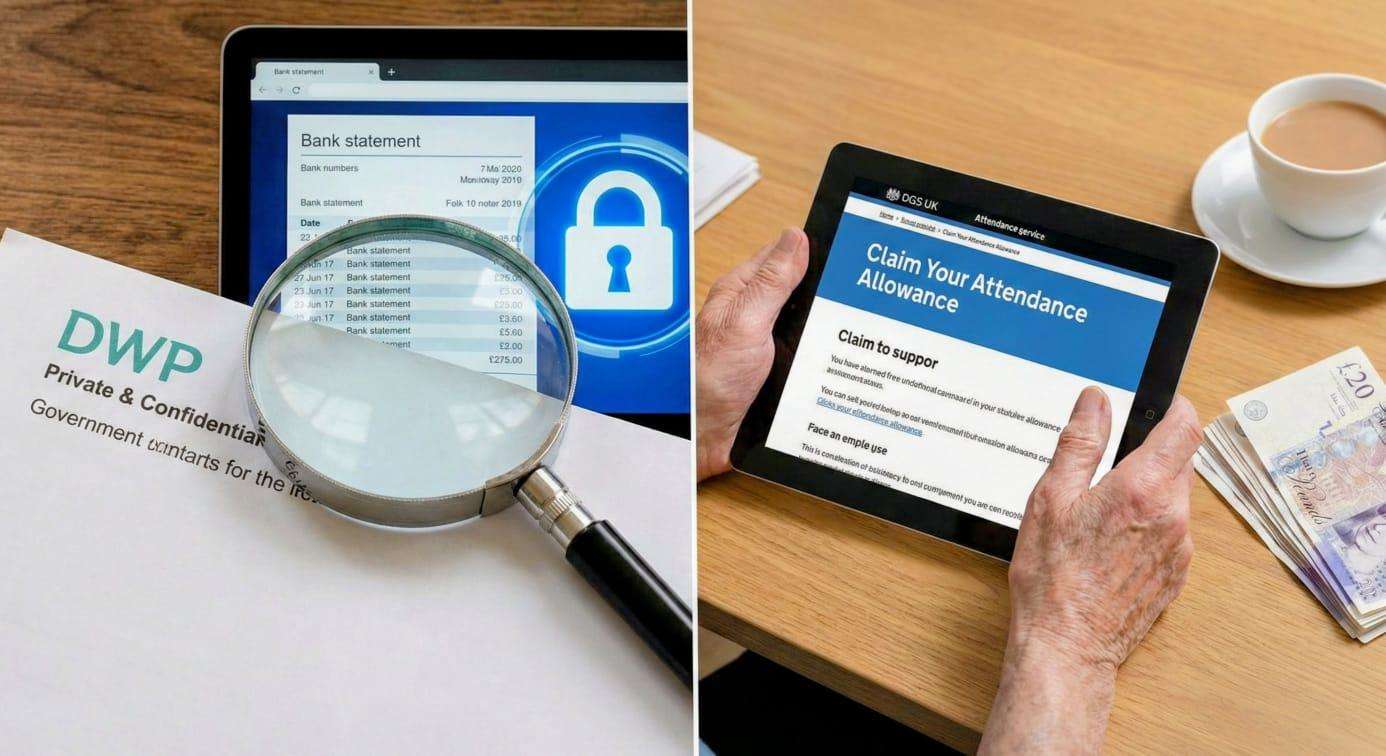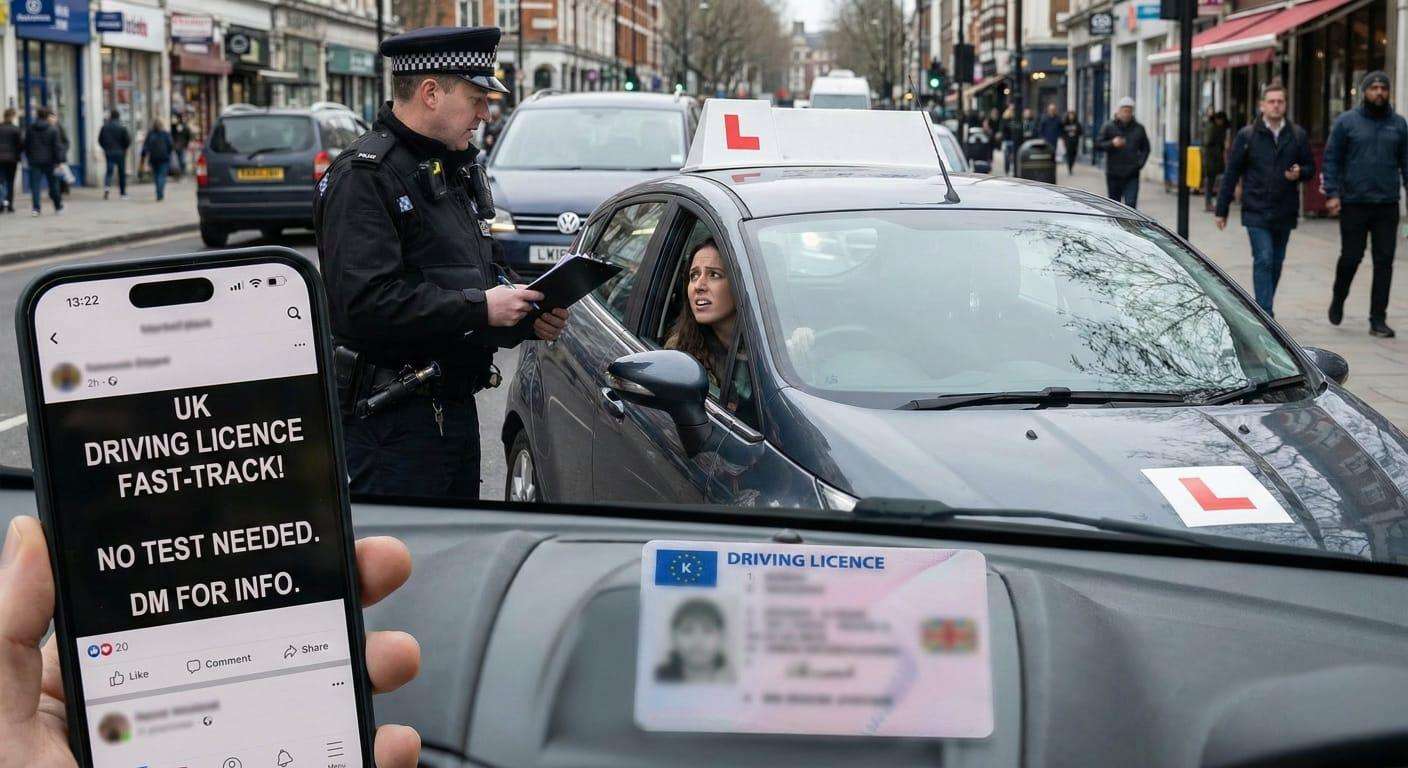The recent suspension of a London nurse who spent over a year driving colleagues to appointments without a valid license has peeled back the curtain on a much wider, more dangerous phenomenon playing out on Britain's roads. While the case of Phyllis Mwangu serves as a stark warning to professionals regarding integrity, it is merely the tip of the iceberg in a nation currently grappling with a surge of unlicensed motorists, "ghost learners," and a predatory black market for fake documentation.
Phyllis Mwangu, a mental health nurse at Central and North West London NHS Foundation Trust, was recently handed a nine-month suspension by the Nursing and Midwifery Council (NMC). Mwangu had secured an "essential car user position" by falsely claiming she held a full UK driving license. For months, she navigated the streets of London, transporting colleagues and potentially putting the public at risk, despite having never passed her driving test. Her deception began to unravel in April 2023 when she concocted a story about being disqualified for unpaid speeding fines to explain her inability to drive. In reality, as she later admitted to her manager, she simply kept failing her test. Her run of luck ended when she was stopped by police in Hounslow and subsequently convicted of driving without a license or insurance.
However, Mwangu’s desperation to get behind the wheel reflects a chaotic reality on UK streets. A quick scroll through social media platforms like TikTok, Instagram, and Facebook Marketplace reveals the digital back-alleys where scammers prey on those desperate to drive. Thousands of pounds are being siphoned from victims by criminals promising "fast-track" driving licenses without the need for practical or theory tests. These scams often target vulnerable individuals or those struggling to pass the stringent UK examination. Victims transfer large sums of money only to receive crude forgeries or nothing at all, while those who do receive fake cards risk prison sentences if caught presenting them as genuine legal documents.
Compounding the issue is a worrying gap in road safety knowledge among some international drivers. While many immigrants legally convert their licenses, there remains a segment of motorists driving on licenses from their home countries who possess little to no practical understanding of UK road laws. Without taking a UK acclimatization course, these drivers may struggle with complex roundabouts, road markings, and the Highway Code, unintentionally turning their vehicles into hazards. The disconnect between possessing a foreign document and having the actual skill to navigate British traffic is contributing to an increasingly unpredictable driving environment.
Perhaps the most visible and brazen flouting of the law is the rise of the "solo learner." Across the country, an increasing number of motorists are taking to the roads on provisional licenses, illegally removing their mandatory 'L' plates and driving without the required supervision of a qualified driver. These individuals often treat the provisional license as a full permit, driving alone for work or leisure. This not only invalidates their insurance—leaving other road users unprotected in the event of a crash—but also means untrained drivers are making split-second decisions on high-speed roads without the necessary competence.
The NMC panel noted that Mwangu’s dishonesty made her a risk to the public, stating that she had gained employment "by dishonest means" and lacked insight into the seriousness of her actions. Yet, as the inquiry into her conduct closes, the wider questions regarding road safety remain open. Mwangu may have been caught, but the roads remain filled with phantom drivers—those clutching fake plastic bought online, those guessing the rules of the road, and learners pretending to be qualified—all navigating traffic alongside unsuspecting, law-abiding citizens.
The suspension of Phyllis Mwangu serves as a judicial reminder that the net eventually closes on dishonest drivers, but until the crackdown on social media scams and provisional license abuse intensifies, the risks on the UK tarmac continue to rise.


.jpg)




.svg)

.jpg)